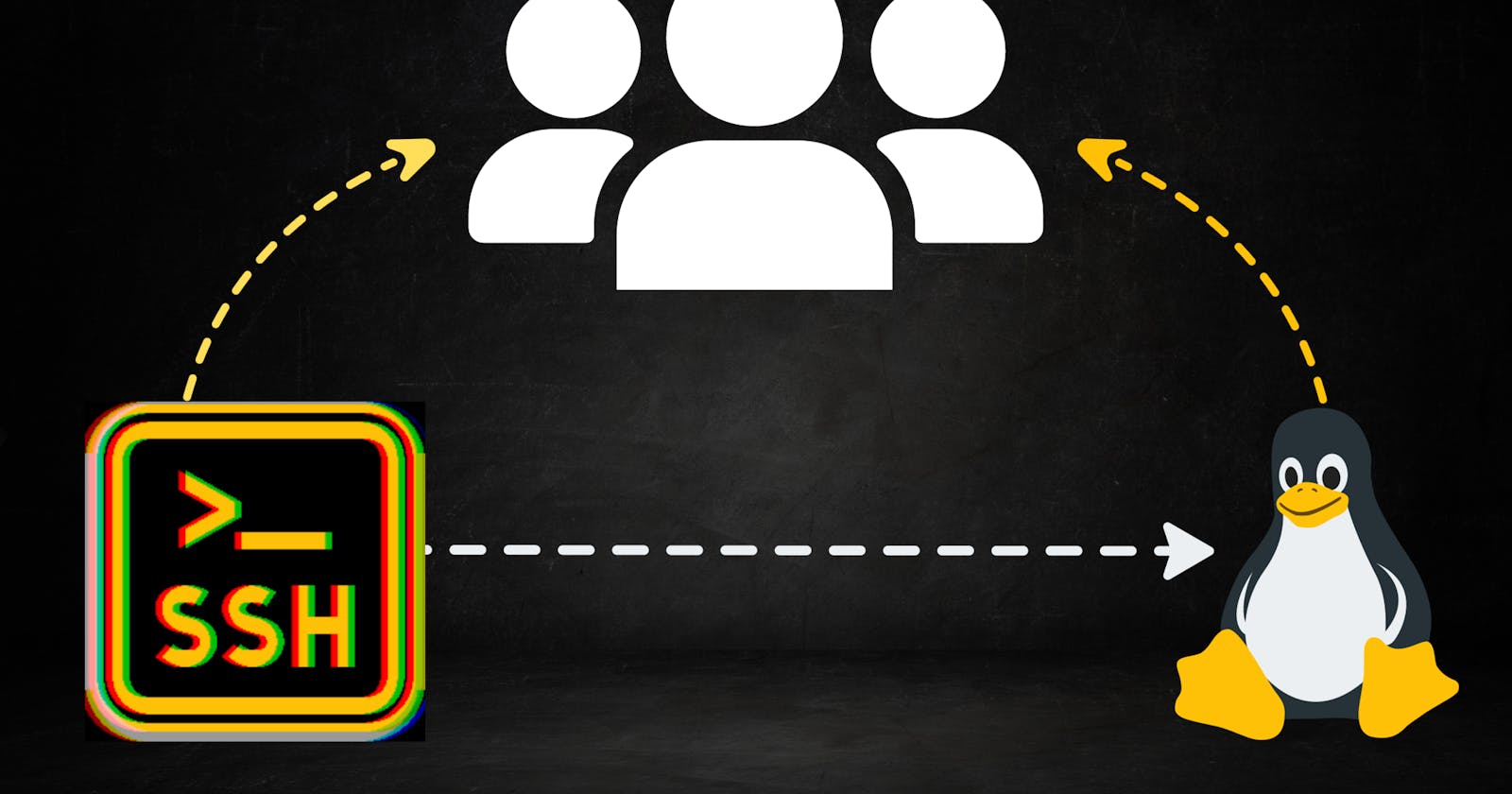In an era dominated by cloud technologies and automation, mastering command-line scripting remains a valuable skill. This week on Bash Friday, I embarked on a journey to simplify user account management on Linux systems using Bash scripts.
PermalinkHere is a simple flow of the project👉
+---------------------+
| user_management.sh | <-- Master Script
+---------------------+
|
| (based on subcommand)
|
+-----------------+ +-----------------+ +-----------------+ +-----------------+
| useradder.sh | | usermodifier2.sh| | userdelete.sh | | userreporter.sh |
+-----------------+ +-----------------+ +-----------------+ +-----------------+
PermalinkProject Objective
The goal of this project was to create a set of Bash scripts for efficiently managing user accounts on a Linux system. These scripts would enable administrators to streamline common user management tasks, such as creating, modifying, and deleting user accounts, while also generating detailed user account reports.
PermalinkKey Features
PermalinkUser Account Management
Creating User Accounts: The project's flagship script, useradder.sh, allows administrators to create new user accounts with ease. By providing essential information like the username, full name, and a default password, the script ensures that user accounts are generated efficiently. This feature proves handy in situations where user accounts need to be quickly onboarded.
PermalinkIn the image below we are adding 10 users through a bulk file

Modifying User Accounts: The usermodifier2.sh script empowers administrators to modify existing user accounts. Whether it's changing a user's username or updating their password, the script offers a user-friendly interface for effecting these changes. Additionally, it logs all modifications, enhancing security and accountability.
PermalinkIn the image below we are modifying the username of a user.

Deleting User Accounts: The userdelete.sh script provides a straightforward method to delete user accounts while ensuring data integrity. It lists existing user accounts and prompts administrators to select the account for deletion.
PermalinkIn the image below we are deleting 10 users through bulk file

PermalinkUser Account Reporting
Generating User Reports: The userreporter.sh script automates the process of generating detailed user account reports. These reports include vital information such as usernames, full names, account creation dates, and more. Having these reports at hand is invaluable for auditing user accounts and tracking system users.
PermalinkIn the image below we are generating reports of all users

Customizable Reports: In addition to standard reports, the fcustomreporter.sh script offers administrators the option to customize the content of reports. Users can select specific fields or filters, tailoring the reports to their exact needs.
In the image below we are generating a custom report of a user !

PermalinkUser-Friendly Interface
All scripts within the project feature a user-friendly command-line interface with clear prompts and instructions. Error handling and validation are in place to ensure that the scripts operate safely and intuitively.
PermalinkA Simplified Usage Scenario
To illustrate how these scripts work in a real-world scenario, let's consider the following simplified usage example:
To create a new user account, administrators run:
./master_user_manager.sh create- The script prompts for essential information, including username, full name, and password.
To modify an existing user account, administrators run:
./master_user_manager.sh modify- The script lists existing user accounts and guides administrators through the update process, including username changes or password updates.
To delete a user account, administrators run:
./master_user_manager.sh delete- The script provides a list of existing user accounts, allowing administrators to select the account for deletion.
To generate user account reports, administrators run:
./master_user_manager.sh report- The script automatically generates reports with default fields (e.g., username, full name, creation date) for all user accounts.
For advanced reporting options, administrators can run: ./master_user_manager.sh report -custom. This opens up a world of customization and filtering possibilities.
